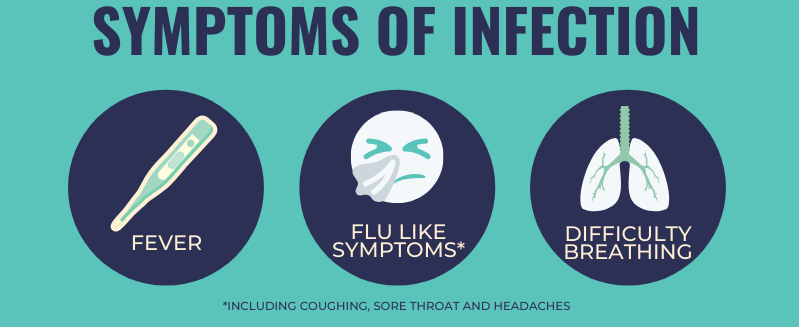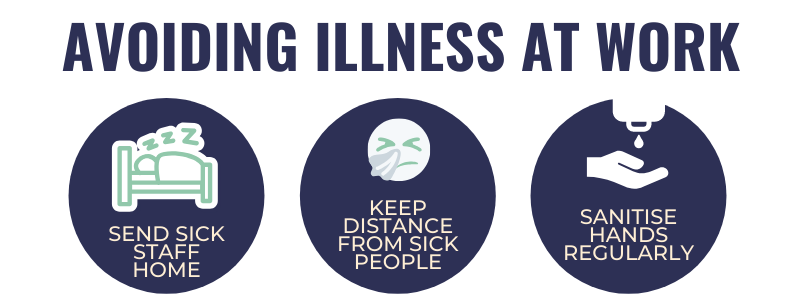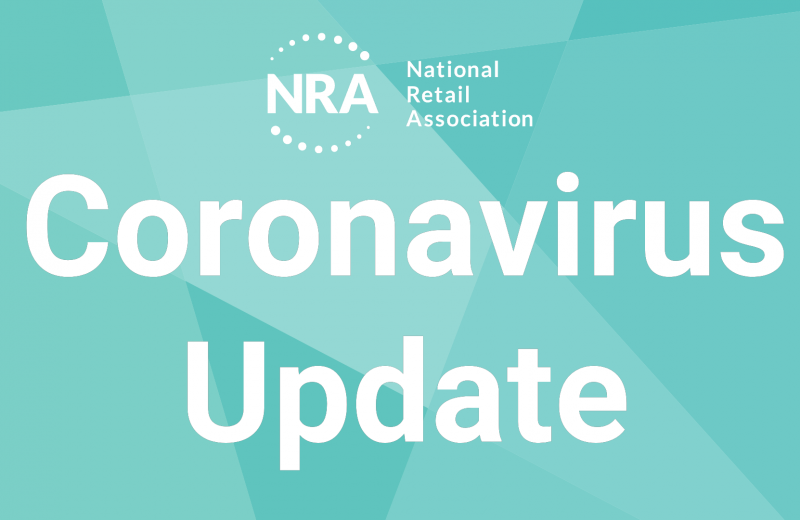
Current status
The World Health Organisation (WHO) has announced that COVID-19 is a pandemic.
126 cases of COVID-19 have been confirmed, including 3 deaths, in Australia:
- 64 in New South Wales
- 17 in Queensland
- 8 in South Australia
- 2 in Tasmania
- 18 in Victoria*
- 7 in Western Australia
- 10 associated with Diamond Princess
* Note: Victoria case count includes a case detected in NSW. Under the National Notifiable Diseases Surveillance System reporting requirements the case is considered a Victorian case.
Further details:
- 15 of the initially reported cases in Australia all had a direct or indirect travel history to Wuhan, China
- 10 cases, including 1 death, are associated with the Diamond Princess cruise ship repatriation flight from Japan
- 18 cases are reported to have had a direct or indirect travel history to Iran
- 52 cases are reported to have had a travel history to countries including United States of America, United Arab Emirates, the United Kingdom, Italy, Iceland, Singapore, Thailand, the Republic of Korea, Japan, Indonesia, Philippines, Taiwan, Cuba, Trinidad and Tobago, Nepal, Egypt, Austria, France, Spain, Hong Kong.
- 28 cases, including 2 deaths, do not have a reported history of overseas travel
- 8 of these cases are associated with an aged care facility in NSW. 2 residents of this facility have sadly died
- 2 cases are either directly or indirectly associated with attendance at a workshop
- 18 cases are close contacts of known cases, with further details pending
- The likely place of exposure for a further 3 newly reported cases is under investigation
Of the 126 Australian cases reported, 24 of these cases are reported to have recovered.
For questions about testing or the welfare of people with the virus, contact your state or territory health authority.
Internationally
Internationally, approximately 108,800 confirmed cases of COVID-19, and 3,700 deaths have been reported – a 3.4% fatality rate in mainland China. The fatality rate in countries and regions outside mainland China is 2.4%.
News updates
- On 30 January 2020, the World Health Organisation declared the COVID-19 outbreak a Public Health Emergency of International Concern.
- On 27 February, the Prime Minister announced the activation of the Australian Health Sector Emergency Response Plan for Novel Coronavirus (COVID-19).
- The Australian Government has secured additional surgical, P2 and N95 masks for the National Medical Stockpile, for medical and aged care professionals to care for patients with suspected or confirmed cases of COVID-19.
- The Prime Minister has announced the activation of the National Coordination Mechanism. The mechanism will coordinate activities across the Commonwealth, state and territory governments as well as industry to ensure a consistent national approach is taken to provide essential services across a range of critical sectors and supply chains.
- The Australian Government has committed to a 50-50 shared health funding deal with the states and territories to ensure a rapid health response to the evolving COVID-19 (coronavirus) outbreak.
Travel restrictions
The Australian Government announced on 5 March 2020 that travel restrictions will be introduced for travellers arriving from the Republic of Korea and maintained for travellers arriving from any part of mainland China or Iran.
- The Department of Foreign Affairs and Trade has raised its travel advisories for the following countries:
- China – do not travel
- Iran – do not travel
- Daegu, Republic of Korea – do not travel
- Foreign nationals (excluding permanent residents of Australia) who have been in the following countries will not be allowed to enter Australia for 14 days from the time they have left or transited through:
- mainland China
- Iran
- Republic of Korea.
- Australian citizens and permanent residents will still be able to enter, as will their immediate family members (spouses, legal guardians or dependants only). They will be required to self-isolate at home for 14 days from the day they left China, Iran or the Republic of Korea.
In addition, travellers from Italy will be subject to enhanced border screening processes.
- Australia will deny entry to anyone who has left or transited a country subject to travel restrictions within the previous 14 days, with the exception of:
- Australian citizens
- permanent residents
- New Zealand citizens resident in Australia
- immediate family members of Australian citizens and permanent residents including spouses, minor dependants and legal guardians
- diplomats.
- Limited exemptions also exist for airline and maritime crew, where they have taken appropriate precautionary measures.
- These enhanced public safety measures will apply to those seeking to enter Australia as well as those seeking to transit through Australia en route to another country.
- These measures are temporary and will be reviewed.
Retail impacts
- Supply chains are working hard to meet consumer demand
- Retailers are assessing the health risks on a daily basis and ensuring the needs of customers and employees are met





